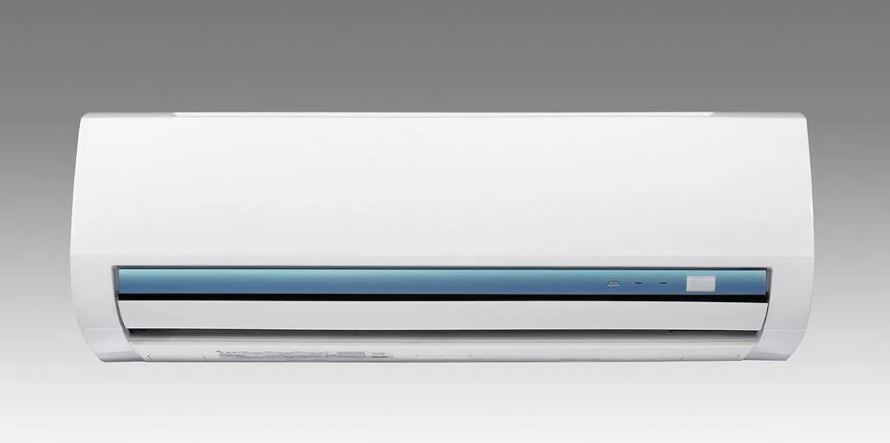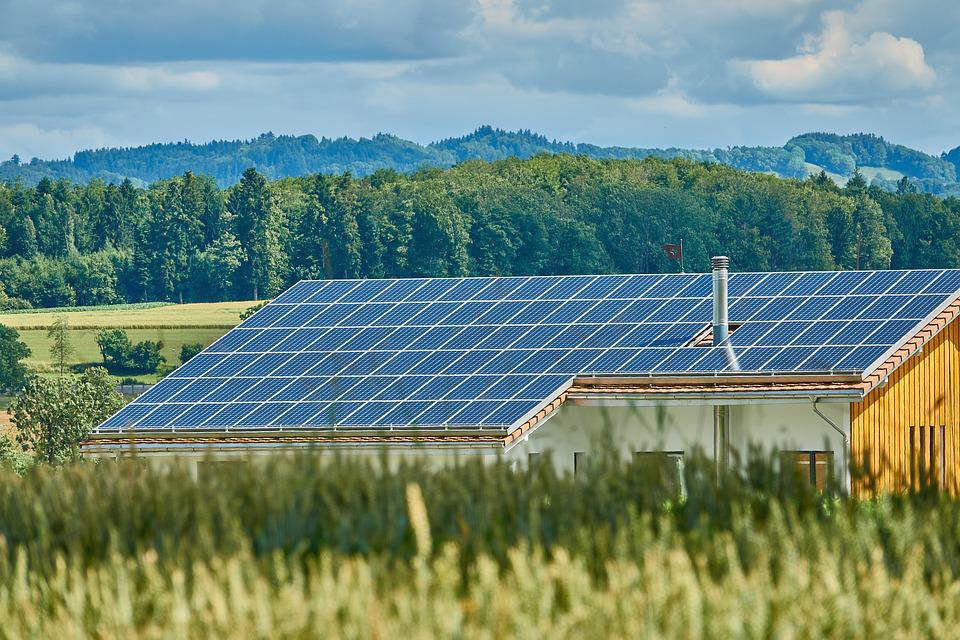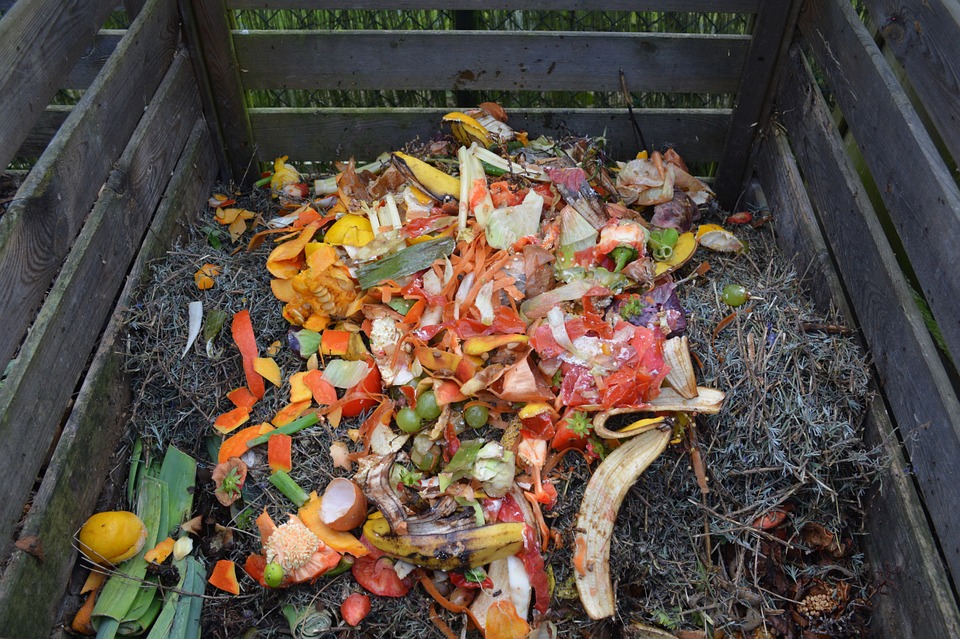How To Save Money And The Environment With These Home Sustainability Tips
Did you know that the average work-from-home employee could save over $4000 a year just by following some simple sustainability tips?
It’s true!
And not only will you be helping the environment, but you’ll also be reducing your carbon footprint.
In this blog post, we will discuss some easy ways that you can make your work-from-home space more sustainable. Follow these tips and you’ll be doing your part to help preserve our planet – while also saving money!
Follow the sustainability R’s – Reduce, Reuse and Recycle
One of the easiest ways to be more sustainable is to recycle, reduce, and reuse.
For example, when furnishing your home office, try to buy second-hand furniture instead of new. Not only will this save you money, but it will also keep perfectly good furniture out of landfills.
When it comes to reducing your electricity usage at home, you can opt to do your laundry at off-peak times and use a fan instead of an air conditioner in your home office.
You can also reduce paper waste by using a computer-based system instead of paper, and any scrap paper can be recycled into your compost bin, worm farm, shredded for garden mulch or simply placed in the recycle bin.
Use sustainable materials
Whenever possible, use sustainable materials in your home office.
For example, bamboo flooring and furniture is a great alternative to wood because it’s a renewable resource that grows quickly and doesn’t require harmful chemicals or pesticides to thrive. It is also an environmentally friendly clothing fabric, with a lower carbon and water footprint than cotton or wool!
If you’re looking for other sustainable flooring options for your home office, cork is a great choice. It’s durable, easy to clean, and made from trees that can be harvested without harming the environment.
Sit stand desks are amazing for the home office and these can be easily purchased second-hand for your home office.

Use a small space for your home office
Using a small space for your home office makes it quite efficient, as it is a smaller space you need to heat or cool, or illuminate. This saves electricity.
Personally, I like a big desk space as I like to spread my things out. But a small office can work great if designed appropriately with enough storage and working space
Buy products in bulk
One of the best ways to reduce your carbon footprint and cost per unit is to buy in bulk. This eliminates packaging waste and can save you a lot of money in the long run.
When buying food, choose items that are not individually wrapped, such as loose fruits and vegetables. Or purchase items from the bulk bins at your local grocery store.
You can also reduce packaging waste by investing in reusable storage containers for your pantry and fridge. Not only will this help the environment, but it will also help you save money on your grocery bill!
But it isn’t just food – ordering office supplies such as paper and ink or toner cartridges are also much cheaper in bulk. You can actually also purchase bulk supplies of ink and refill your printer cartridges, too! This is a fairly quick process (but can be very messy the first time if you are not careful!)
Reducing home office electricity usage
Many of us work from home via cloud computing and the internet, meaning we require electrical devices. But also, being at home it can be tempting to make use of our creature comforts and start to rack up our electricity usage. Here are a few tips to reduce electricity usage when working from home.
Off-peak electricity usage
As I said earlier, one of the best ways to save money and reduce your carbon footprint is to use off-peak electricity.
Working from home means you have a unique opportunity to use off-peak electricity usage rates. This can be up to 50% cheaper than peak (evening) rates.
Doing things like laundry early during the day (when most people are at work) can save you money. Peak rates often are from 2pm to 10pm however you should check with your electricity retailer to confirm your peak times.
Heating and cooling costs
Setting your thermostat a few degrees higher in the summer and lower in the winter can save you a lot of money on your electricity bill.
You should also try to open and close your blinds or curtains depending on the season.
In the winter, keep them open during the day to let in natural sunlight and heat up your home, and close them at night to keep the heat in. In the summer, do the opposite.
This might sound like something your nagging grandparents might have said – but it makes sense – and that is to dress appropriately! In winter, make sure you have a beanie, jumper, track pants and a good pair of uggies or slippers. This will reduce the temptation to slip the thermostat up a few degrees!

Home Solar panels
You can also take advantage of solar power by investing in solar panels for your home. Solar panels work by converting sunlight into electricity, which can then be used to power your home. Not only will this reduce your carbon footprint, but it will also save you money on your electricity bills!
Depending on your electricity retailer, you can even sell excess electricity generated back to the grid. This can help to pay off the cost of the solar panels (which typically pay themselves off within 5 years)

Set up a home compost bin for food scraps and paper waste
Another great way to reduce your carbon footprint and save money is to set up a home compost bin. This is a great way to recycle food scraps from meals at home and paper waste from the office, which would a otherwise end up in landfill.
You can either purchase a home compost bin or tumbler, or make your own!
To make your own, simply drill holes into the lid and base of a large plastic drum or container and fill it with your food scraps and paper waste. Once it is full, empty it into your garden as required for a highly nutrient rich fertiliser and soil improver.
If your compost bin has no floor, then worms will be attracted into your bin which is fantastic to help speed up the decomposition process to produce wonderful rich compost. Alternatively, you can purchase tiger worms from your local gardening store.
Not only will setting up your home compost bin reduce your carbon footprint, but it will also save you money on fertilizer for your garden. Gardening at home is a great hobby and perfect for work at home mums with kids.

Which home sustainability tips will you try?
These are just a few of the many ways you can work towards a more sustainable work-from-home set up. By following these tips, you’ll be doing your part to help preserve our planet – while also saving money in the process!
Do you have any work-from-home sustainability tips to share? Let us know in the comments below!

Ken is a professional cargo pilot who has been flying for more than half his life. He also works from home on his successful blog to provide professional aviation tips to other pilots. He is passionate about helping them reach their potential in their career and wants to provide his aviation knowledge to the next generation of pilots.


